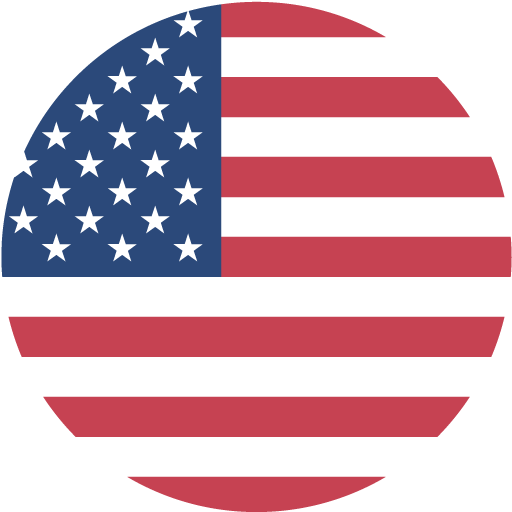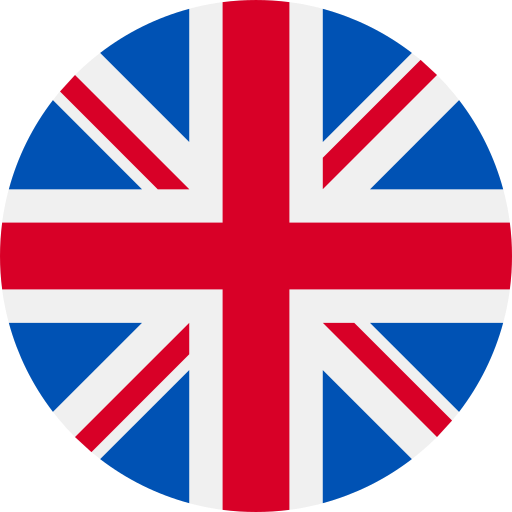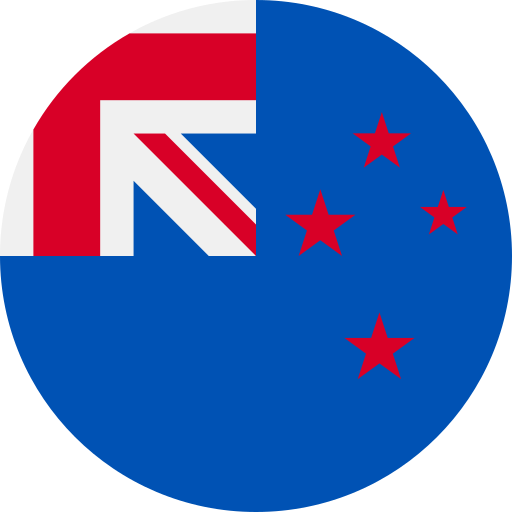If you’ve run out of laundry detergent, you might be tempted to think that using dish soap in your next load of washing is a good solution. However, that’s far from the truth. While dish soap is excellent for handwashing dishes, it’s essential to understand the limits of its capabilities, especially when it comes to laundering clothes. Read on to discover the difference between laundry detergent and dishwashing liquids.
What Are Dishwashing Liquids?
Dishes need to be cleaned, too, and that’s where dishwashing liquids come into play. Dishwashing liquids are the laundry detergents of the handwashing-dishes world; these cleaning liquids can come in many different scents and brands. Liquid soap is formed with surfactants (molecules reducing the connection between two substances) to allow you to clean dishes by hand.
What Are Laundry Detergents?
Laundry detergents are the dish soap of the laundry world. Manufacturers design detergents to break down the dirt and grime on clothes, leaving them clean. Detergents can come in many forms, including liquids, powders, and laundry detergent sheets.
What Are Laundry Detergent Sheets?
Laundry detergent sheets are a worthy alternative to laundry liquid. They’re thin, white sheets with a pre-designed amount of soap. These sheets look similar to fabric softener sheets and usually dissolve in the washing machine. Spill-free and avoiding unnecessary plastic, sheets are suitable for those trying to reduce plastic waste or save space.
Plus, they’re easy to use and compact for storage, so you won’t have to deal with large liquid detergent containers taking up all the space in your kitchen, utility, or storage space.
Key Ingredients in Laundry Detergents
Whether you’re one of the 44% of Americans who suffer from sensitive skin or not, it’s crucial to understand the ingredients that go into laundry detergents. With the right knowledge of what really goes into many traditional laundry detergents, you can better prevent bad skin reactions.
Surfactants
Surfactants, or surface agents, aren’t spies, but they’re just as stealthy. These molecules have a water-attracting head (hydrophilic) and a water-repelling tail (hydrophobic). This means that while the tail attaches to the dirt and grim on your clothes, the head still attaches to the water, meaning that the surfactant creates space between the two substances, allowing the surface to be cleaned and suspending the dirt in the water (not letting it reattach). Different types of surface agents can be used in detergents for various purposes.
Enzymes
Enzymes are vital to any laundry detergent. They’re typically used to break down tough stains, such as grass, blood, and sweat. But what are they? Humans have enzymes in their bodies—proteins that can speed up chemical reactions. These biological catalysts are a laundry detergent’s best friend as they break down difficult stains into smaller ones, becoming more soluble molecules, making them easier to remove. The enzyme, protease, is crucial to how Freddie detergent sheets are designed to break down stains.
Builders
Detergent builders are sometimes added to detergents to increase the efficacy of the surface agents. After all, some minerals can prevent surfactants from doing their job. Calcium and magnesium are two of these opponents. However, detergent builders are chemical compounds that bind to these ions, softening the water.
Fragrances
Fragrances are often added to detergents to make clothes smell nice afterward. While this is great for many, many people with sensitive skin conditions usually need to opt for fragrance-free laundry detergents, as the fragrances can trigger skin conditions. But every person and laundry detergent are different.
Glycerin
Glycerin is a key ingredient in Freddie’s laundry detergent sheets. It’s a natural compound with moisturising properties that ensures fabric softener-like results. This compound provides a smooth and soft feeling to your clothes and reduces friction and static cling, keeping your clothes happy.
Alcohol
Polyvinyl alcohol is another crucial ingredient in Freddie’s laundry detergent sheets. This alcohol is a water-soluble film that dissolves in the wash and releases the detergent to clean your clothes.
Oils
Various oils are used for multiple purposes in detergents. Tea seed oil is a crucial addition to Freddie detergent sheets. It’s a natural surfactant that creates the sneaky surface agent separation between the dirt and the water. Unlike chemical surfactants, these natural surface agents are a suitable alternative to lifting the dirt from your clothes.
Reasons To Choose Detergent Sheets Instead of Dish Soap
While dish soap is excellent for cleaning dishes, it isn’t the solution for cleaning clothes. Dishes and fibres are made from different materials; unlike clothes, your dishes don’t touch your skin all day. That’s why you must ensure you use a laundry detergent that’s thoughtfully formulated for clothing, and don’t settle for dish soap.
Suitability
Ultimately, using dish soap as laundry detergent is not designed for laundry use and may not break down common fabric stains. Why? Because dish soap is intended for handwashing dishes, it doesn’t possess the same combination of ingredients to remove the dirt and grime from your fabrics. For example, Freddie laundry detergent sheets contain ingredients selected for their compatibility with typical laundry processes.
Washing Machine Compatibility
It’s likely that using dish soap instead of laundry detergent for your load could damage your washing machine. Washing machines are designed to handle a few suds, as most laundry detergents try to limit this. By nature, dish soap creates many suds, which your washing machine may not be compatible with. This can result in sudden leaks or a buildup inside the drum, which can get moldy and smelly over time.
Skin Sensitivity
Putting your skin first is vital when washing your clothes, and if you’re one of the 10% of the US population with a skin condition like eczema, then you must take extra care. Washing your clothes with dish soap is likely to cause skin irritation, especially if you have a pre-existing skin condition like eczema. Many people with skin conditions prefer dermatologist-tested laundry products.
Frequently Asked Questions
Is It Okay to Use Dish Soap for Laundry?
Dish soap should only be used for handwashing dishes. It doesn’t contain the carefully constructed list of ingredients that go into laundry detergent to make it suitable for cleaning clothes. Using dish soap could also damage your washing machine and cause skin irritation.
Dish Soap Lacks Ingredients Suited for Fabric Cleaning
Ultimately, dish soap is best used when washing the dishes, not your clothes. If you want a clean, hassle-free wash, use a detergent like Freddie, designed to work with all washing machines—dish soap will only leave your drum full of soap suds. So leave the dish soap by the sink and instead discover the range of laundry detergent sheets available at Freddie.


 United States
United States
 Canada
Canada
 Australia
Australia
 United Kingdom
United Kingdom
 Belgium
Belgium
 France
France
 Germany
Germany
 Hong Kong
Hong Kong
 Italy
Italy
 Japan
Japan
 New Zealand
New Zealand
 Portugal
Portugal
 Singapore
Singapore
 Sweden
Sweden
 United Arab Emirates
United Arab Emirates

